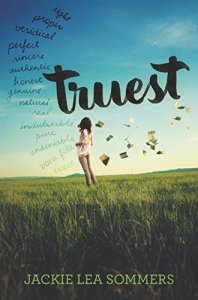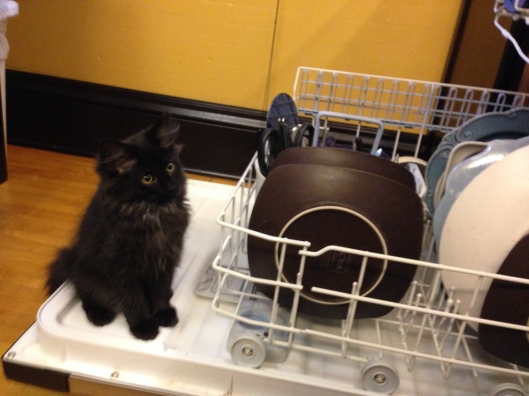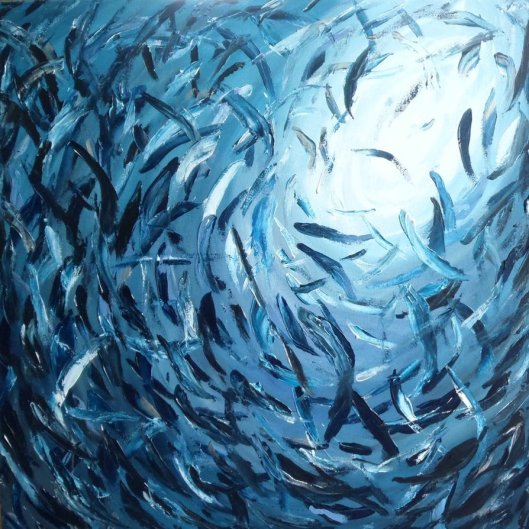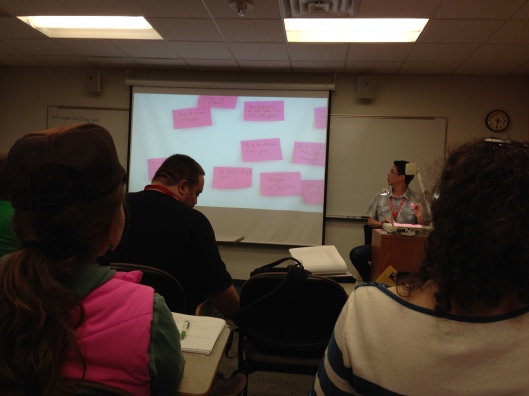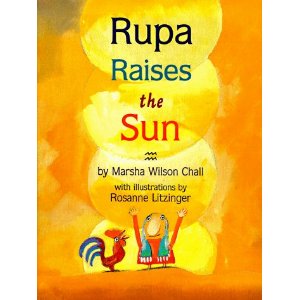Tags
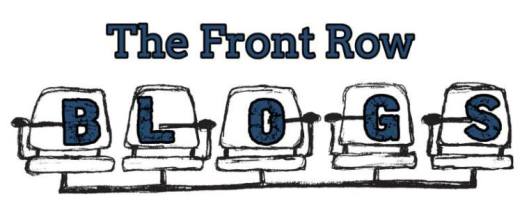 First off, being a writer is REAL HARD. It’s NO JOKE. So many things want to STOP you.
First off, being a writer is REAL HARD. It’s NO JOKE. So many things want to STOP you.
Netflix. Happy Hour. Puppies. America.
In order to get to that blank page, you have to have a carefully thought out ritual, if you will, to get into that creative space where the magic happens.
Part of that game plan is WHERE you decide to write.
Maybe you finally get your butt in the writing chair. But No Writing Happens. You’re distracted. Disconnected. Bored with the blank page. You close your notebook without putting down a single word. Somewhere, a puppy mournfully howls.
That’s why The Front Rowers…
Sarah Ahiers, Josh Hammond, Zack Wilson, Jessica Mattson, Brita Sandstrom, Jennifer Coats, and ME.
…decided to share where our magic happens. We hope these posts will either affirm you or give you some inspiration on how to change things up so your characters aren’t hanging in limbo and wondering when you’re going to come out and play.
Tip One: Don’t Be A Goddamn Romantic
I’ve wasted a lot of time thinking that the best place to write is a café on the Amalfi Coast.
Just imagine it. You’re alone. You’ve got your computer, notebook, and special pens laid out. You can hear the sea crashing. A glass of white wine and bowl of bread are set down before you by a sexy server. Two grandmothers hang laundry out their windows across the street as they chatter back and forth in Italian. There are pink flowers everywhere. You take a sip of wine and a deep breath and….IMMEDIAETLY SLAM YOUR LAPTOP SHUT. Because ain’t nobody going INTO THEIR SCARY HEAD TO MAKE SHIT UP in a place like that.
Also, the I’m-a-better-writer-in-Europe trap is REAL folks. You are not Hemmingway. Recognize this as a procrastination trap and an excuse to spend your emergency fund on plane tickets and European Air B&B’s.
Tip Two: Don’t Fixate On the IF ONLY
I once convinced my husband shorty after we were married and BROKE that I needed a very expensive shelf from Ikea in order to write. He’s a good guy so he buys the shelf. I fill it up with all the “things” that were distracting me in my home office and then continue to NOT WRITE.
This, PEOPLE, is the procrastination MONSTER.
If you find yourself saying, if only I had a third story balcony or a lake cottage or J.K. Rowling’s brain…you are procrastinating.
You gotta work with what you have right now. Today. Where you live. I promise you that there is a place for you to write well in your life as it is today. You just have to do some experimenting to find it.
Where I Write (which is the topic of this blog, not procrastination, in case you were distracted by how all I talked about was procrastination, the actual topic is where people write, so try harder not to get so confused next time, k? K!)
Where I decide to write depends on what part of the writing process I’m in. If I’m shitting it up with a first draft, I have to be in my home, alone, on my futon, in my office WITH NO DISTRACTIONS. I’ll listen to music, but that’s it. I can’t be near people. I can’t be in public. I can’t be anywhere interesting. Because I’m such a fearful writer and will be interested in a small tumble weed of cat hair in order to have an excuse to NOT WRITE, I have to isolate myself completely. No phone. No email. The internet has to be burned to the ground. It has to be a Zero stimulation environment.
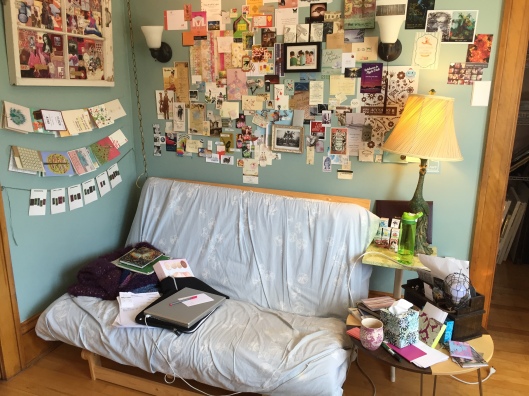
If I’m doing research or prewriting or revising, then I can be anywhere. Coffee shop. With people. Without them. Anywhere, except Europe. 😉
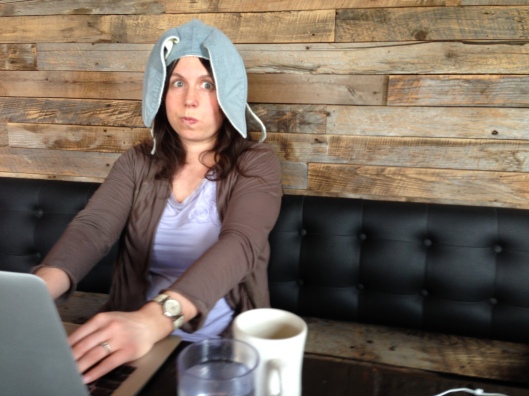
This hat is magical.
As you try to figure out where you write best, think about your writing process. What do you need when you’re first drafting? What about revising? Or researching? What about when you’re getting inspired? (In that case, blow your money on Europe. Who cares!?!? It’s for your Art, right?)
If you need some tips, this article is pretty NEAT, so check that out.
Peace!
The Front Row is a writing group of sorts formed from connections made at Hamline’s MFAC program. We write, workshop, drink, and dream together. Look for more blog series from us soon.

